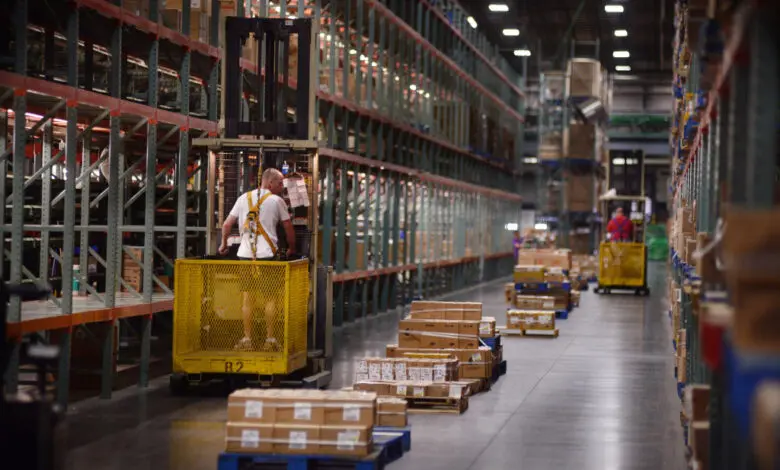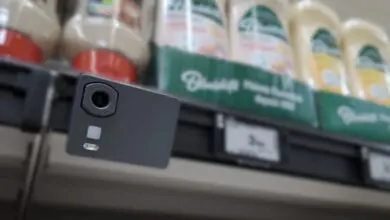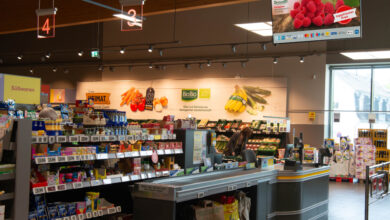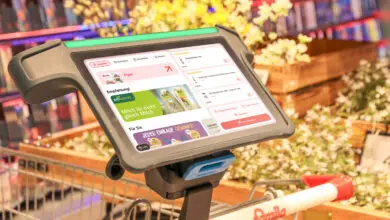Walmart equips pallets with Wiliot’s Bluetooth labels across the US

Walmart plans to equip Bluetooth tags from Wiliot to 90 million of its pallets by end of 2026. It is the largest rollout of this technology known globally. The decision was preceded by years of testing by the largest retailer of the world. Similar to passive RFID tags, these kind of Bluetooth labels, which Wiliot sells under the product name Pixels, don’t need any kind of battery but react to existing networks. Different from RFID in logistics, the Bluetooth tags can communicate with the existing infrastructure such as Wi-Fi without the need of scanning but can also retrieved by standard mobile devices.
With this move, Walmart feeds all tracking and tracing data of its pallet in real-time across its entire distribution network into its central systems aiming to improve inventory accuracy and cold chain compliance. Increasingly deploying AI in its supply chain systems, Walmart in building an infrastructure that minimises manual tasks and issues alerts whenever the location of the goods deviates from the plan. Walmart also looks at the data related to the ownership of the goods which can vary significantly based on the agreements with the suppliers.
Wilots technology is already in use at 500 Walmart locations. By end if 2026, the rollout is expected to eventually cover the about 4,600 Walmart Supercenters and Neighborhood Markets, and the about 40 regional distribution centres in the US. Not yet included in the roll-out is the network of Walmart’s cash and carry banner Sam’s Club.
Walmart prefers Bluetooth over RFID at pallet level
According to Wiliot, its Bluetooth labels offer a longer read range compared to those RFID tags typically used in retail supply chains today. The higher price of the Bluetooth tags would be justified by the fact that no investments in additional new readers and access points are needed. RFID is also advanced over Bluetooth when it comes to high-speed, high-volume scanning of large groups of items. But for the tagging of the load carriers such as pallets, roll cages, boxes, totes or trucks, Bluetooth tags are sufficient in reading speed.
“With Wiliot’s ambient IoT technology, coupled with our AI systems, we’re not only optimising our supply chain to make faster, smarter inventory decisions, but we’re also tackling one of the hardest problems in retail – knowing exactly what we own and where it is at any given moment,” says Greg Cathey, Walmart Senior Vice President of Transformation & Innovation: “This enhanced visibility helps us deliver the consistent value, quality, and experience our customers expect.”




